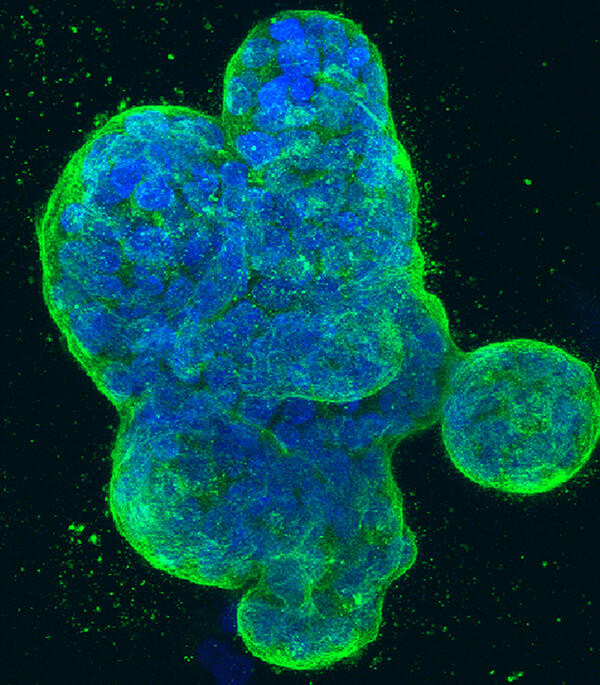A drug used to relieve the debilitating symptoms of menopause may also be reducing the risk of invasive breast cancer, a new clinical trial by Northwestern University suggests.
Almost 60,000 women a year are diagnosed with a contained form of breast cancer that can indicate a higher risk of developing invasive tumors later in life.
The non-invasive cancer is typically detected during routine mammograms, accounts for up to 25 percent of all breast cancer diagnoses, and has a 98 percent recovery rate after 10 years when removed by surgery.
However, to increase their chance of remaining cancer-free many patients also undergo treatments like radiation and hormone therapy following surgery. These treatments often have debilitating side effects.
The phase two clinical trial recruited 141 postmenopausal women who have a form of contained breast cancer called ductal carcinoma tumors. Half of them were given a medication for managing symptoms of menopause called Duavee; others were administered a placebo for the month between diagnosis and breast cancer surgery.
Duavee is composed of estrogen hormones and bazedoxifene – a molecule that either promotes or dampens the use of estrogens in the body, depending on the type of tissue it is in. This estrogen receptor modifier is also used to help treat osteoporosis.
Those who took the drug had notably less cell growth in their breast tissue by their surgery date. There was also "no impact on quality of life compared to placebo."
"What excites me most is that a medication designed to help women feel better during menopause may also reduce their risk of invasive breast cancer," says Northwestern University surgeon Swati Kulkarni.

Significantly, trial participants taking Duavee did not experience the intolerable side effects associated with other cancer drugs. Rather, it tends to increase the quality of life in people already struggling with menopause.
While larger studies are still needed to confirm Duavee's ability to prevent breast cancer, Kulkarni and team suggest that, for now, those with elevated risk for breast cancer as well as menopausal symptoms would most likely benefit from Duavee.
Especially given women with prior cancer lesions can't resort to hormone treatments to ease their menopause symptoms because they can increase the risk of breast cancer returning.
"These results support consideration that [Duavee] is a safe option to manage menopausal symptoms for women concerned about their risk of developing breast cancer, and provide supportive evidence that [Duavee] may reduce the risk of developing invasive breast cancer," the researchers conclude in their conference abstract.
The trial results have yet to be published but were presented at the American Society of Clinical Oncology's latest annual meeting.